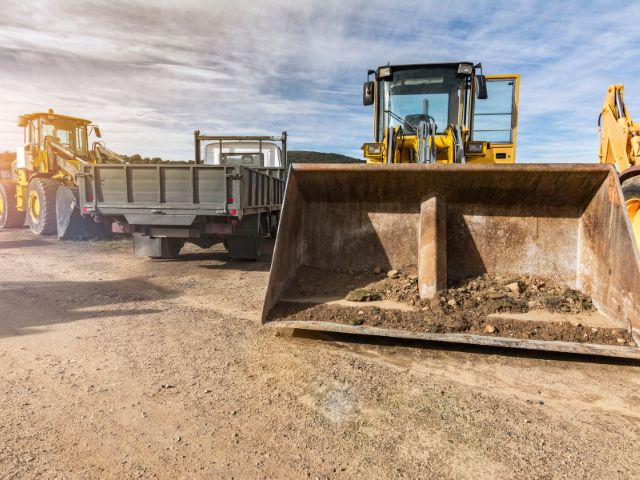
Good air quality is important for a healthy and productive work environment, and investing in an air purification system is a practical move. However, not every type of purifier is the same, and there are many things to look for in an air purification system. Finding the right sensors and features can make a world of difference for everyone in your facility.
Noise level is an overlooked aspect of selecting an air purification system. Background noise can be distracting and unprofessional in the office or a client-facing setting. Look for systems that operate quietly, listed with decibel levels that are suitable for your space. Some innovative purifiers have silent modes or contain noise-dampening materials, making them practically unnoticeable, even at the highest settings.
An investment in clean air should include a responsive system. Environmental sensors that measure pollutants and particulate levels can automatically adjust the purifier’s output to maintain high indoor air quality. Various types of environmental sensors pick up on humidity, air pressure, and even light.
Installing the ideal environmental sensor for your needs is a preventative measure that optimizes the entire system’s energy consumption. You can oversee air purity without the need for constant manual adjustments, creating a hands-free, efficient solution for air purification.
Energy-efficient features are big things to look for in an air purification system. We recommend looking for units with Energy Star ratings, as they use less power than other models without compromising performance.
Additionally, programmable timer settings, sleep modes, and variable fan speeds can enable more control over energy consumption. Installing a cost-effective, low-impact air purification system demonstrates your commitment to sustainability.
The heart of any high-quality air purification system is its filter. HEPA (high-efficiency particulate air) filters are the industry standard for capturing particles as small as 0.3 microns, including dust, pollen, and airborne bacteria.
A HEPA filter guarantees to remove the majority of harmful airborne particles from the air. A thorough understanding of a system’s filter life and replacement cost is essential for managing ongoing maintenance expenses and operational efficiency.
Transforming your workspace into an environment that promotes the well-being of your team demands thoughtful consideration of the air purification system. With these things in mind, you’ll make an investment that pays dividends in the health and performance of your business.
24World Media does not take any responsibility of the information you see on this page. The content this page contains is from independent third-party content provider. If you have any concerns regarding the content, please free to write us here: contact@24worldmedia.com
Latest Posts

Exploring the Biggest Names in Heavy Equipment Suppliers

How To Keep Your Night-Shift Employees Safe

Wedding Budget: How To Create and Stick to One

St. Mary’s Hooks chooses his next chapter

Athlete of the Week – Oluchi Okananwa

English’s Ly, McHale receive scholar-athlete honors

Letters to the editor: Seriously?

Editorial: Greenport is bellwether for regional issues

Blotter: 100 mph motorcycle ride, unlawful fleeing the police

Today’s page 1 3-23-2024 – Itemlive

Suspect in Lynn Pizza Hut shooting arrested in Florida

Jim Tobin receives NEPGA Youth Player Development Award